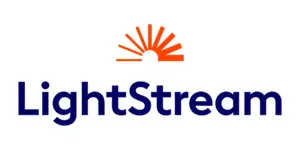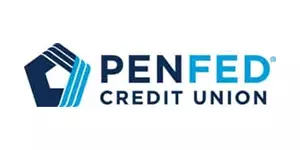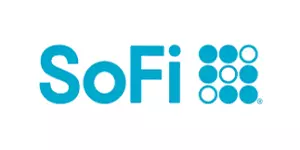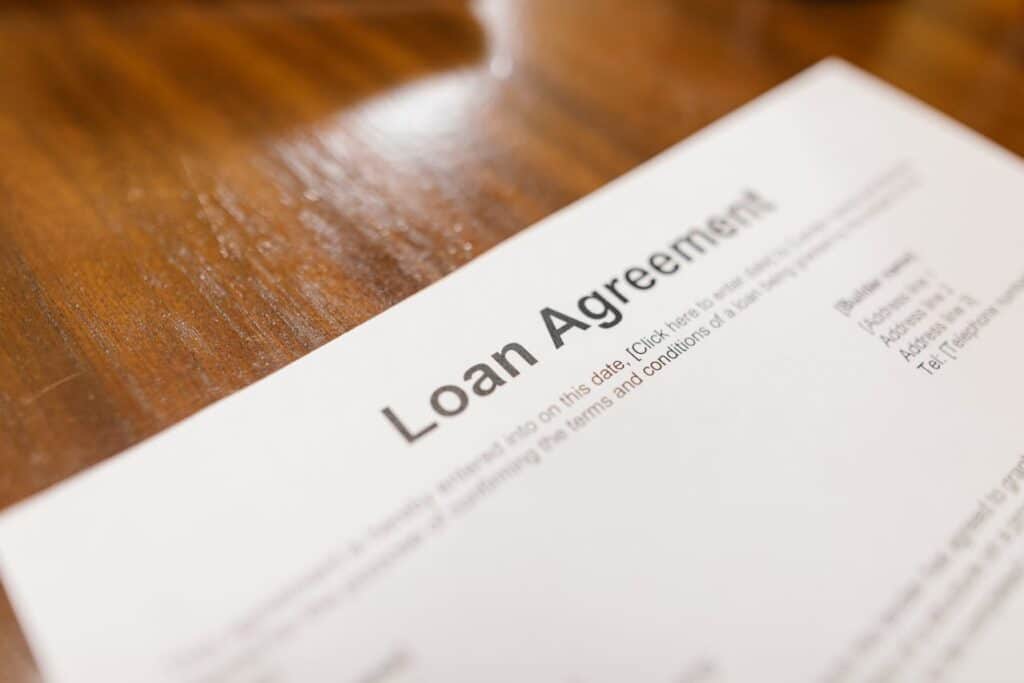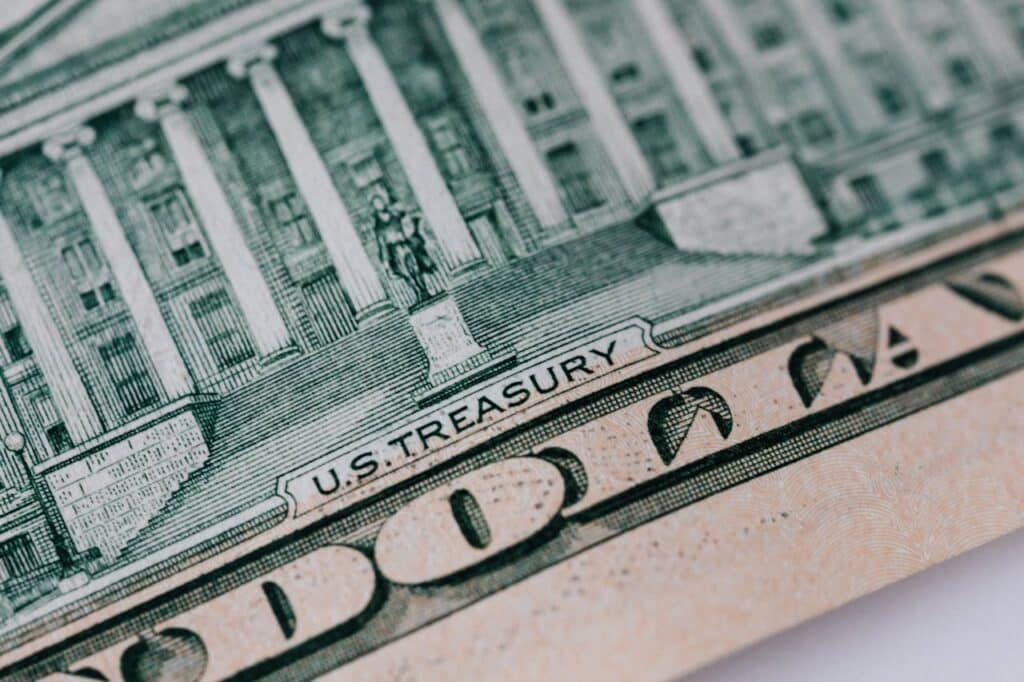Loan Application Process
- The online loan application process for a $150 loan with no credit check is typically straightforward, involving the provision of personal and credit information. Upon approval, the loan funds are usually deposited into the borrower’s bank account within a single business day, providing immediate access to funds for addressing urgent financial needs.
Eligibility Criteria
- Basic eligibility requirements for a $150 loan may include being at least 18 years old, a U.S. citizen or permanent resident, and having an active bank account and a steady income source.
- While some lenders may review payment history and debt-to-income ratio, the approval rate for such loans is usually high, and credit score may not be a critical factor.
Considerations
- No credit check loans, including $150 loans, can serve as a quick solution for addressing small financial emergencies or making ends meet until the next paycheck. However, borrowers should carefully consider the high interest rates associated with such loans and ensure that they can manage the repayment terms effectively.
In summary, $150 loans with no credit check can be beneficial for individuals facing minor financial challenges, but it’s essential to carefully weigh the terms and implications of such loans before proceeding with an application.
Provide examples of lenders
Here are some examples of lenders offering $200 loans with no credit check:
- GreenDayOnline
- Offers a simple 100% online application with fast funding and positive reviews.
- Loan Amounts: $200 to $1000
- Approval: No credit check based on income
- Funding: As soon as the next business day
- PaydayChampion
- Provides no credit check payday loans ranging from $200 to $1000.
- Loan Details: Fixed fee, no APR, often same-day funding.
- RixLoans
- Offers payday loans with debit cards from $200 to $1000 without requiring a credit check for approval.
- Loan Details: APR range of 199% to 299%, funding within 24 hours.
- PaydayDaze
- Provides payday loans ranging from $200 to $1000, regardless of credit history.
- Loan Details: Interest rates vary by state, funding within 24 hours.
- GadCapital
- Specializes in personal installment loans from $500 to $5000 without requiring collateral.
- Loan Details: APR range of 99% to 299%, next business day funding.
These lenders offer various options for individuals in need of small loans with no credit check, providing quick access to funds for addressing immediate financial needs.
Provide loan terms
Loan Terms
Loan terms refer to the various aspects and conditions associated with borrowing money. These terms encompass several crucial details that borrowers need to consider before finalizing a loan agreement. Here are the key components of loan terms:
- Repayment Period
- The loan repayment period denotes the duration within which the borrower is required to repay the borrowed amount. It can vary greatly depending on the type of loan, such as 15, 20, or 30 years for a mortgage, or shorter periods for personal or car loans.
- Interest Rate and Fees
- The interest rate represents the cost of borrowing, while fees include charges imposed by the lender. The Annual Percentage Rate (APR) reflects the total cost of repaying the loan annually, incorporating both interest and fees.
- Principal
- This refers to the original amount of money borrowed by the borrower.
- Loan Payments
- Loan payments indicate the regular installments that the borrower is required to pay in order to fulfill the loan agreement. These payments cover both the principal and the interest accrued over time.
- Collateral
- In some cases, lenders may require collateral to secure the loan, which serves as a form of protection in case the borrower defaults on the repayment.
It’s essential for borrowers to thoroughly review loan terms to understand their financial obligations and ensure that the loan aligns with their needs and financial capacity. The careful consideration of loan terms can help borrowers avoid potential financial pitfalls and make well-informed decisions when acquiring a loan
Explain loan payment options
Loan Payment Options
Loan payment options refer to the various methods and schedules available for borrowers to repay the borrowed amount. These options provide flexibility and convenience for borrowers to manage their loan repayments effectively. Here are some common loan payment options:
- Monthly Installments
- Most traditional loans, such as personal loans and mortgages, are repaid through monthly installments. The borrower makes fixed monthly payments over the loan term, which typically includes both the principal and interest portions of the loan.
- Biweekly Payments
- Some lenders offer the option for borrowers to make biweekly payments, which involves making half of the monthly payment every two weeks. This payment frequency results in 26 half-payments per year, equivalent to 13 full monthly payments, allowing borrowers to pay off the loan faster and reduce the total interest paid.
- Auto Debit
- Many lenders provide the convenience of setting up automatic debit from the borrower’s bank account. With auto debit, the loan payment is automatically withdrawn from the borrower’s account on a specified date each month, reducing the risk of missing payments and incurring late fees.
- Online Payments
- Borrowers can make loan payments through the lender’s online portal or mobile app. Online payments offer convenience and flexibility, allowing borrowers to schedule payments, view payment history, and manage their loan accounts from anywhere with internet access.
- Check Payments
- Some borrowers may prefer to make loan payments by mailing a physical check to the lender. This traditional payment method allows individuals to send payments by mail, along with the loan account details and payment stub.
The availability of these loan payment options may vary depending on the lender and the type of loan. It’s essential for borrowers to choose a payment option that aligns with their financial habits and ensures timely repayment to avoid late fees and negative impacts on credit scores.



